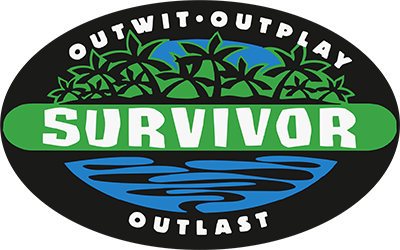History as pseudoevent

A couple of days after the first attempted assassination of Donald Trump during this presidential campaign (linger on that clause for a moment) I noted the strange air of unreality that already enveloped an event that was cycling out of the news pretty much as quickly as any other Trump Chaos story of any particular day.
Alex Shepard describes this ongoing dynamic:
These are people who egg on violence against their enemies at every turn. As The New York Times’ Peter Baker put it on Monday, Trump has “long favored the language of violence in his political discourse, encouraging supporters to beat up hecklers, threatening to shoot looters and undocumented migrants, mocking a near-fatal attack on the husband of the Democratic House speaker and suggesting that a general he deemed disloyal be executed.” Let’s not forget that he also directed his supporters to attack the U.S. Capitol and allegedly expressed support for hanging his vice president, Mike Pence.
And then, Trump cries victim when he finds himself in the crosshairs. But increasingly, it seems, Americans aren’t buying it. For the last two months, the Trump campaign has whined incessantly about the fact that the country quickly moved on following the first attempt on his life, in mid-July. They’re right about that; his near-death experience was out of the news within a few days, and Trump received no noticeable bump in the polls. The incident is now an afterthought in the election—it’s almost as if it never happened at all. The second assassination plot, meanwhile, barely registered on NFL Sunday.
The country has moved on because it has grown accustomed to the chaos that Trump effortlessly generates. It has moved on because Trump himself moved on almost immediately. The Trump that stood onstage at the Republican National Convention, rambling about his grievances for almost two hours, was not changed by his recent brush with death in the slightest. He was, if anything, even more deranged and vengeful. And since then, he has said that Kamala Harris is a “fascist,” Walz wants to force young children to have gender reassignment surgeries, and that Haitian immigrants who are in the country legally are pet-eating criminals intent on murdering downtrodden Rust Belt whites.
Years before Trump’s political career began, the British photographer Platon found himself shooting Trump in the boardroom where he fired people on The Apprentice, the show where he played an idealized version of himself—wealthy, important, competent. Platon tried to connect with his subject. “Let’s be human together,” he said to Trump. “There’s always an air of tension and controversy about the things you say and do in public. I’m sure it’s intentional on your part but it feels to me like you’re in the middle of an emotional storm. I can’t live with that anxiety all the time. As a fellow human being, I’d like to know how you weather the storm.”
Trump calmly looked back at him and responded: “I am the storm.”
Trump is one of the least self-aware people in American political history—maybe in history, period. But this was an eerily prophetic statement. For eight years, Trump has been the storm. He unleashed dark forces in our society—making America more violent, more menacing, more chaotic—and rode them to the height of power. Now, he’s trying to do it all over again. But that’s the thing about storms, no matter their origin. Sometimes there’s no escaping them.
Something about Trump reminds me of a story about how Anthony Hopkins talked to some British aristo about how to play the butler in The Remains of the Day, and the Duke of Wherever told him, “A room is even emptier with a butler in it.”
There’s a kind of pervasive emptiness about Donald Trump. I find it impossible to imagine him having any kind of actual human relationship or interaction with anyone. Similarly, I find it impossible to imagine anyone, or at least any non-deranged person, from actually caring about him as a human being, in the way I find it impossible to imagine a non-deranged person caring about Tony Soprano as a human being. This is because Tony Soprano isn’t a human being, he’s a fictional character in an invented drama. Technically, Trump isn’t, but psychically speaking at this point he might as well be.
Trump is a kind of psychic sickness that afflicts a nation that sees itself in the bottomless void of his chaotic emptiness. That episodic attempts to assassinate him seem as trivial as the latest plot twist in the most vapid of reality TV dramas is a consequence of the fact that those attempts are, on some level, nothing more than plot twists in the vapid reality TV drama that is America in the age of Trump.
